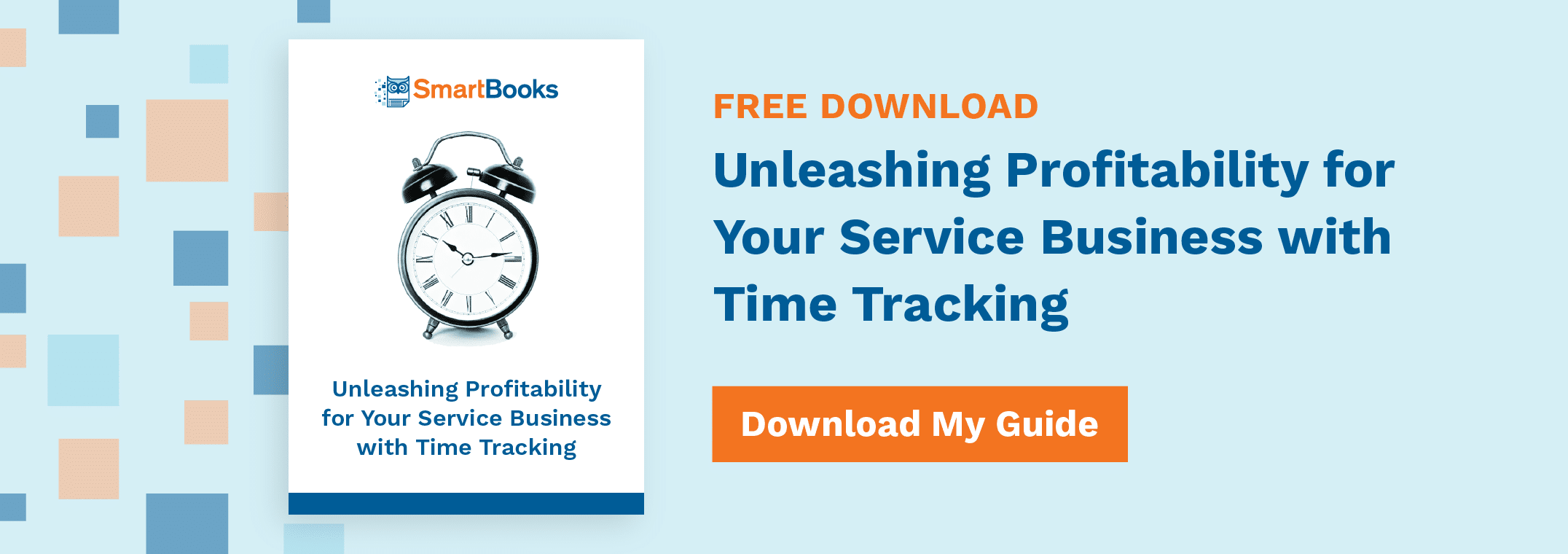5 Considerations for Choosing the Right Payroll Platform

The days of pencil and paper are long gone. Today, the market is saturated with hundreds of payroll platforms for small businesses to choose from. With countless options, it’s difficult to choose the perfect software for your unique business.
Take these five aspects into consideration before purchasing your next payroll software.
1. Your Business Needs
First and foremost, as with any business decision, it’s essential to think about your business’s payroll needs. Consider these important questions:
- How many employees do you have?
- Do you hire contractors?
- Do employees receive benefits?
- Who will oversee payroll, and how much time do they have?
- Does your team work remotely?
- How technologically inclined is your payroll manager?
- Will your payroll manager require assistance with legal issues?
- How much money can you allocate to your payroll processing budget?
These questions will help guide you to the right small business payroll software. Also, take note of the more aggravating aspects of your current payroll process. Knowing what you dislike is just as helpful as knowing what you like.
2. Required Features
Once you have thought about your business’s needs, you can move on to considering features. Make a list of all the features you’d like in your payroll software. Think about aspects like filling taxes, direct deposit, and integrations for timecards and account ledgers just to name a few. Once you’ve compiled your list, divide features into essential and nonessential categories; it will help with the following step.
3. Price
Now that you’ve narrowed down your required features, it’s time to look at price. Most payroll software for small businesses isn’t a flat fee each month. Many have a base cost with additional fees for the number of employees and extra features.
The more features required, the more expensive the service. This is where you can use your feature list from the previous step. To cut costs, continue removing some of the nonessential features until you reach a price that’s suitable for your budget. Small business payroll software varies greatly. A feature that’s expensive on one platform, might be included in another.
4. Usability
Now that you’ve found several platforms that offer the features you need and are within your budget, it’s time to test them out. Some platforms offer free trials. Let your payroll manager use some and see what he or she finds the simplest to use. If the software is complicated, it’s not going to save much time and frustration in the future. It’s also helpful to test how your required features work for your business. Perhaps some of the expensive “essentials” aren’t as essential as you previously thought.
5. Available Support
Nothing works perfectly immediately. The final step before selecting a payroll software for your business is to check what support is available. Does the platform offer phone or email support? Even better, will technicians come visit your business and assist with setup or troubleshooting? Are there any additional costs for assistance? Consider what you might need in the future and make sure it’s covered.
Once you have made all the considerations and you’ve done your research, it’s time to nail down the perfect payroll platform for your business.
Considering new ways to increase the profitability of your business? We have an answer in our free guide.
